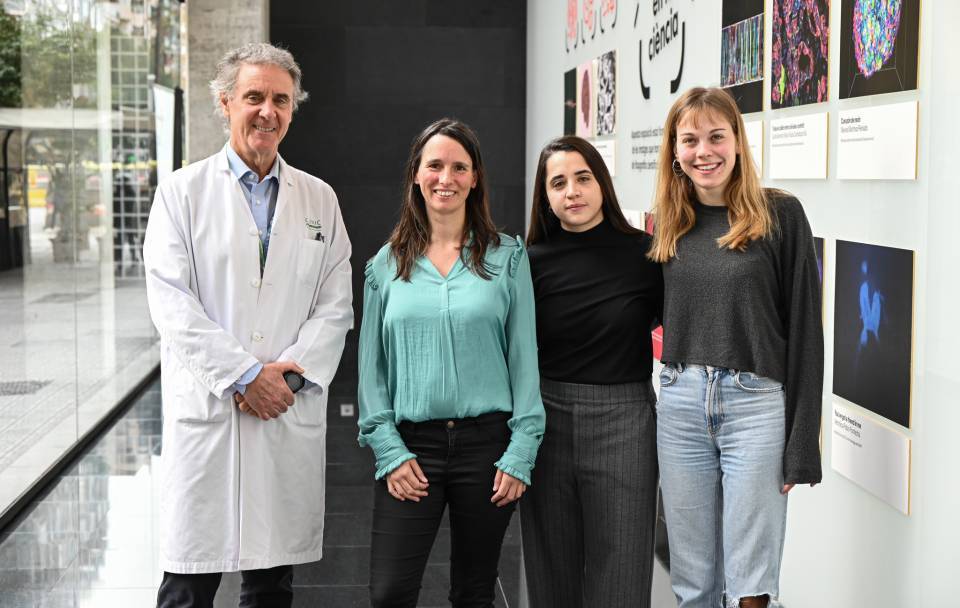- What is cancer immunotherapy?
- Immunotherapy types
- What is CAR-T therapy?
- How is CAR-T therapy done?
- Before and during CAR-T administration
- What happens after I am treated with CAR-T?
- What is TIL therapy?
- How is TIL therapy done?
- Before and during TILs administration
- What happens after I am treated with TILs?
What happens after I am treated with CAR-T?
The patient is followed up by the Haematology service, after being infused with CAR-T therapy and discharged. Initially, the patient has weekly follow-up visits for up to 3 months. From then on, visits are monthly. After a year, visits are either quarterly or every 6 months, depending on the patient.
During these visits, vital signs are taken and blood and urine tests are performed. A bone marrow aspirate will also be performed for those who require it. All these tests are carried out by the Haematology service nursing team. Medical specialists will carry out the visit and interview the patient.
How many doses of CAR-T immunotherapy are given?
CAR-T therapy is infused fractionally in 3-4 doses depending on the product to be infused, which in turn depends on the haematological disease to be treated. The doses are spaced about 1-3 days apart, providing the patient does not develop any adverse effect that would lead to postponing administration of the next dose. Typically, a patient receives all the doses in about 7 days.
What are potential complications?
CAR-T therapy has more benefits than risks, but, like all therapies, it is not free of complications. Among the most notable are:

- Cytokine release syndrome (CRS): As CAR-T cells multiply, they can release large amounts of chemicals called cytokines into the blood. This syndrome can overstimulate the immune system. Serious side effects of this syndrome may include: high fever and chills, difficulty breathing, severe nausea, vomiting and/or diarrhoea, dizziness or lightheadedness, headaches, tachycardia, prolonged fatigue and muscle and/or joint pain.

Nervous system problems: This treatment can sometimes have serious effects on the nervous system, such as: headaches, changes in consciousness, confusion and agitation, seizures and jerks or spasms (tremors), problems speaking and understanding and loss of balance.
Because of the risk of these side effects, adult patients are generally advised not to drive, operate heavy machinery or engage in other potentially dangerous activities for several weeks after receiving treatment.
Other serious side effects of CAR-T therapy may include:

Allergic reactions during infusion.

Abnormal amounts of elements in the blood, such as low levels of potassium, sodium and phosphorus.

A weakened immune system, with an increased risk of serious infections. Low red and/or white blood cell counts. This can increase the risk of fatigue, bruising and bleeding.
Substantiated information by:


Published: 21 September 2023
Updated: 21 September 2023
Subscribe
Receive the latest updates related to this content.
Thank you for subscribing!
If this is the first time you subscribe you will receive a confirmation email, check your inbox


